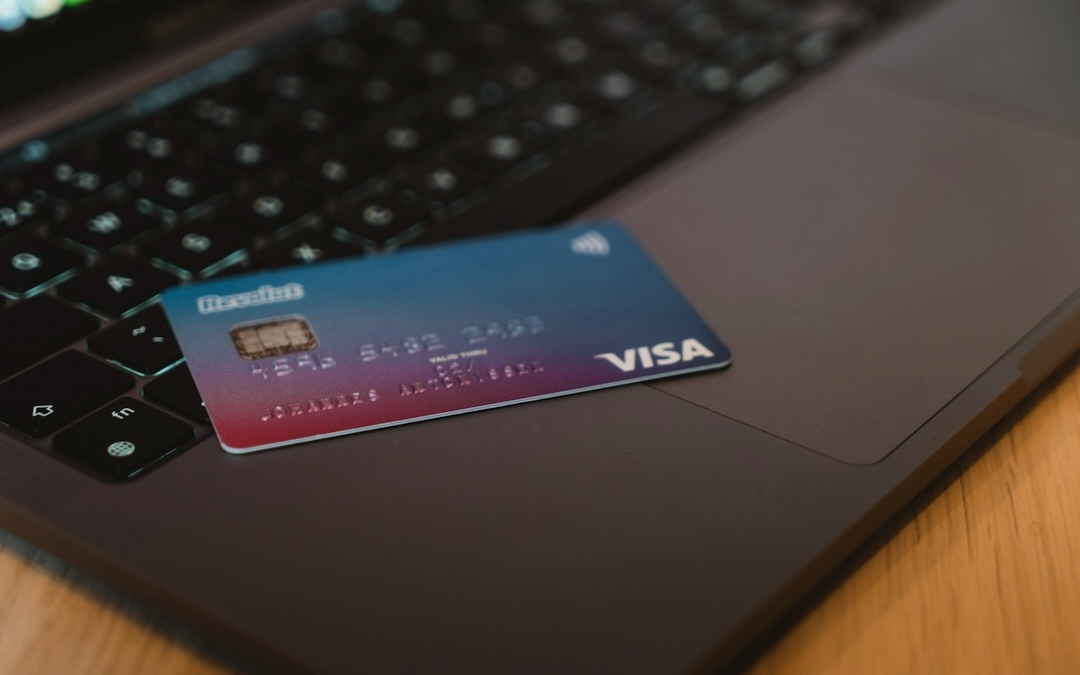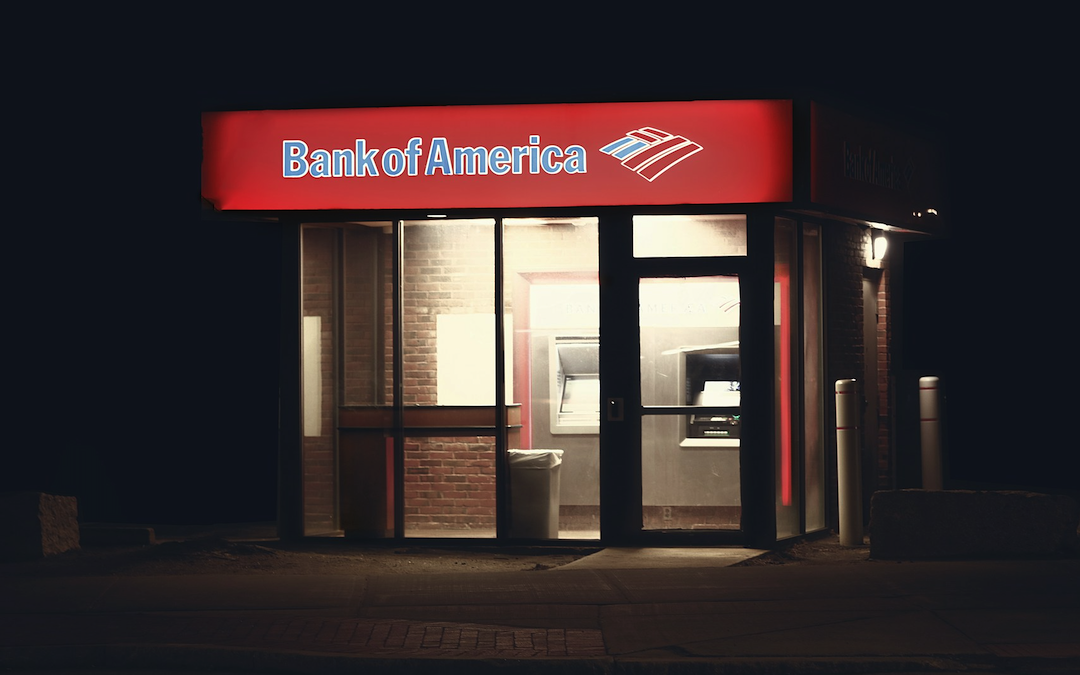
If you've ever tried to do your banking while traveling in the US, you'll know that things can get a little troublesome as you move between states. If you're not in the home state of your bank account, you could lose a lot of the services you'd normally get, and in some cases, even accessing your account can be an issue. Below are a few suggestions to make this a bit easier.
Your Bank Online
One of the beautiful parts of the Internet is that it doesn't care where you are, so long as you have a connection. However, many banks will apply their own rules on top of that, adding security features to their apps or sites that block any IP addresses that register as being from out of state or in another country.
The best workaround is to use VPNs and choose a location such as Florida or Pennsylvania VPN, which lets you connect to an IP local to that state from wherever you are. If the home branch of your bank is in Pennsylvania, for example, you could travel to New York or even abroad and with the correct VPN in place, you'd still appear to be accessing the service from home.
Prior Arrangements
It's always advisable to keep your bank informed of any major changes in your life, and traveling is no exception. Staying out of state for a while could easily get flagged by bank security systems, for example, and that is even more true if you travel overseas. Apart from the IP addresses mentioned above, banks can see where your debit and credit cards get used and are often required to flag anything unusual.

Giving your bank advance notice of travel can usually avoid any service blocks as they can make a note on your account. They may also help you access more services while away by either giving you full information on limitations or, in the case of large chain banks like Chase or BoA, sending word to local branches in the other states you travel to.
Alternative Banking
If you know you'll be traveling around regularly, it may be worth looking at a bank service designed specifically for that. Fully online banks are becoming increasingly popular as they are not tied so heavily to a location, meaning they work the same anywhere. Remote services like Revolut, although not quite full banks yet, have more advantages beyond that, as these options have established bases in Europe and beyond for long-distance travel.
The only major downside is that, as these online banks are naturally newer and less settled than many traditional banks, their exact services are more prone to being changed. It isn't unusual for banks to temporarily or even permanently limit services in certain regions, and the lack of physical branches means that finding out about these changes can be trickier.
The good news is that, with a little preparation and good planning, your banking experience should be fairly smooth. Just don't be surprised if that last-minute surprise vacation gives you issues!
Share this post
Leave a comment
All comments are moderated. Spammy and bot submitted comments are deleted. Please submit the comments that are helpful to others, and we'll approve your comments. A comment that includes outbound link will only be approved if the content is relevant to the topic, and has some value to our readers.

Comments (0)
No comment